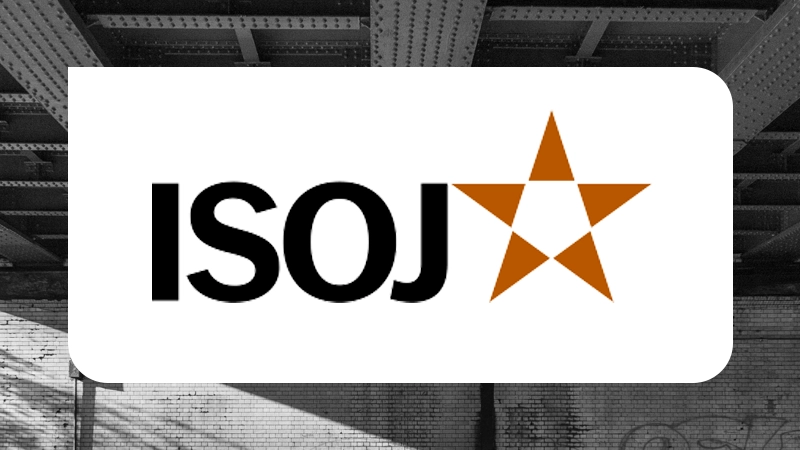Analysis
Architects of Necessity: BIPOC News Startups’ critique of Philanthropic Interventions
September 5, 2023

Published by the International Society for Online Journalism (ISOJ)
“If journalism entrepreneurs are “agents of innovation,” (Carlson & Usher, 2016, p. 563) then the color line compels BIPOC publishers to become architects of necessity, balancing the constraints of digital news production with the information needs of the communities they serve and the demands of the philanthropic support that make their work feasible. In this study, we analyze data from 100 BIPOC news media founders and publishers to focus on the relationships between BIPOC founders/publishers and their sources of revenue, particularly journalism foundations, and examine how policies for obtaining funding replicate normative frames of deficiency and deviance among non-white journalism startups. The study offers a critically informed analysis of journalism philanthropy and the race question designed to articulate the needs of BIPOC media publishers from their own sousveillant position in the built media environment while challenging journalism funders and their partners to make race and difference central to their strategies in equitable ways.”